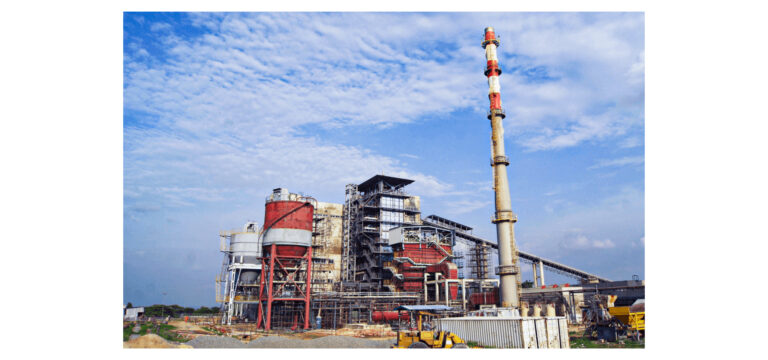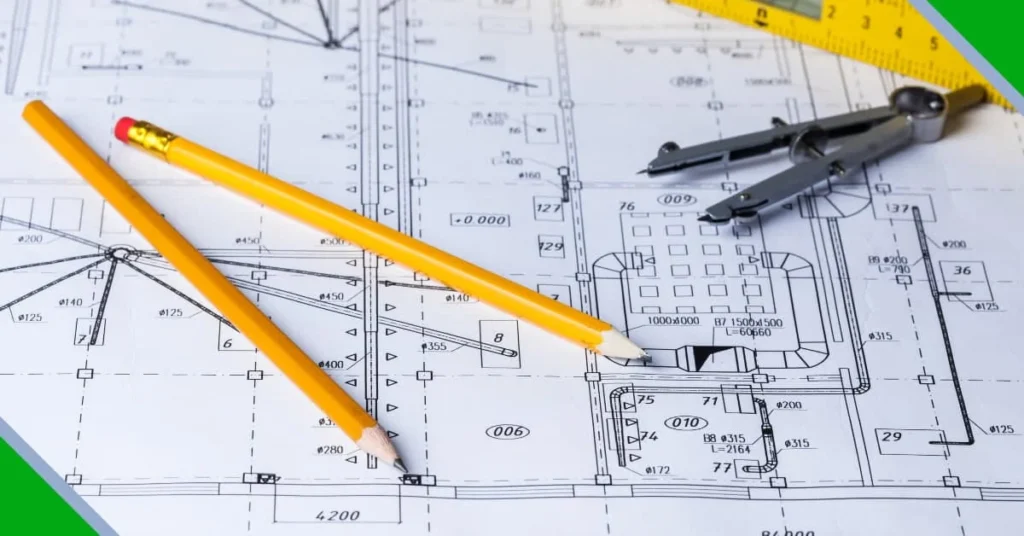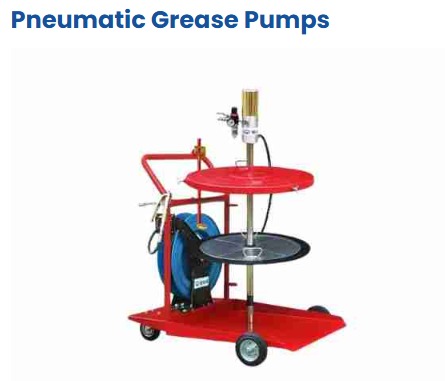Industrial valves are one of the most crucial components in various industries, ranging from oil and gas to water treatment and chemical processing. These valves control the flow of liquids, gases, and slurries in pipelines, machinery, and systems. Without these essential parts, the efficient and safe operation of industrial processes would be compromised. In this article, we will explore what industrial valves are, their types, applications, and the factors to consider when selecting the right valve for a particular purpose.
What Are Industrial Valves?

Industrial valves are mechanical devices used to regulate, control, and direct the flow of fluids or gases in a system. These valves come in various designs and materials, each suited to a particular type of application. The main function of industrial valves is to allow or restrict the flow of substances in a pipeline. They can either be fully opened or closed, or they can regulate the flow in a more controlled manner, depending on the design of the valve.
There are numerous types of industrial valves, each designed for specific applications, pressure ranges, and temperatures. The materials used in the construction of these valves depend on the type of fluid or gas being controlled and the environment in which the valve will operate.
Types of Industrial Valves
Ball Valves
Ball valves are one of the most common types of industrial valves used for isolating or controlling the flow of liquids and gases. They are designed with a hollow, perforated, and pivoting ball that allows fluid to pass through when the valve is open. Ball valves offer several advantages, such as quick opening and closing capabilities, minimal maintenance, and high durability. They are typically used in industries such as oil and gas, petrochemical, and water treatment.
Gate Valves
Gate valves are primarily used for on-off control of fluid flow. These valves operate by lifting a gate or wedge to allow the flow of fluid and lowering it to block the flow completely. Gate valves are ideal for applications where the valve is either fully open or fully closed, and they are commonly used in systems where the flow needs to be controlled in large pipelines. They are typically used in industries such as power plants, water treatment plants, and large-scale industrial facilities.
Globe Valves
Globe valves are used for regulating flow and are ideal for applications that require precise control. The valve consists of a spherical body with an internal baffle, and the flow of fluid is regulated by raising or lowering a plug inside the valve body. Globe valves are often used in systems where throttling and precise flow control are required, such as in chemical processing, HVAC systems, and steam control applications.
Check Valves
Check valves, also known as non-return valves, are used to prevent backflow in a system. These valves automatically close when the flow of fluid reverses, ensuring that the fluid only moves in one direction. They are essential in preventing contamination or damage to equipment and are commonly used in industries such as water treatment, plumbing, and petroleum.
Butterfly Valves
Butterfly valves are commonly used for flow regulation in large systems. They consist of a disk that rotates around a central axis to control the flow of fluid. Butterfly valves are lightweight, cost-effective, and ideal for handling large volumes of fluid with low-pressure drops. These valves are commonly used in industries such as HVAC, water treatment, and food processing.
Pressure Relief Valves
Pressure relief valves are safety devices designed to release excess pressure from a system. These valves are essential for maintaining the integrity of pressure vessels, pipelines, and other equipment. When the pressure within a system exceeds a set limit, the valve opens to release the pressure, ensuring that the system does not become damaged or cause an explosion. Pressure relief valves are widely used in industries such as oil and gas, chemical processing, and power generation.
Pinch Valves
Pinch valves are used to control the flow of slurries, powders, and other viscous materials. These valves operate by pinching a flexible rubber tube to block the flow of material. Pinch valves are highly effective in handling abrasive or corrosive materials and are commonly used in industries such as mining, food processing, and chemical handling.
Applications of Industrial Valves
Oil and Gas Industry
In the oil and gas industry, industrial valves are used in a variety of applications, from upstream production to downstream refining processes. These valves control the flow of crude oil, natural gas, and other fluids in pipelines and equipment. Valves in this sector must be capable of withstanding high pressures, corrosive substances, and extreme temperatures. Ball valves, gate valves, and check valves are some of the most commonly used in the oil and gas industry.
Water Treatment
Industrial valves play a vital role in water treatment plants, where they are used to control the flow of water through various filtration and purification systems. These valves help maintain the necessary pressure and flow rates to ensure the efficient treatment of water. Common valves used in water treatment include globe valves, butterfly valves, and pressure relief valves.
Chemical Processing
In chemical processing plants, industrial valves are essential for controlling the flow of chemicals and gases used in production processes. These valves need to handle a wide range of substances, from corrosive acids to high-temperature steam. Chemical plants often use globe valves, ball valves, and pressure relief valves to regulate and protect their systems.
HVAC Systems
Heating, ventilation, and air conditioning (HVAC) systems rely heavily on industrial valves to control the flow of air, steam, and other fluids. These systems use valves to regulate temperature, pressure, and humidity in buildings. Butterfly valves, globe valves, and pressure relief valves are commonly used in HVAC applications.
Factors to Consider When Choosing Industrial Valves
Material Compatibility
The materials used in industrial valves must be compatible with the substances they are regulating. For example, valves used in chemical processing need to be made from materials resistant to corrosion, while valves used in high-temperature systems must be able to withstand extreme heat. Common materials used in industrial valve construction include stainless steel, brass, cast iron, and plastic.
Pressure and Temperature Ratings
Each type of valve is designed to operate within specific pressure and temperature ranges. When selecting a valve for a particular application, it is essential to consider the pressure and temperature conditions under which the valve will be used. Choosing a valve with the right pressure and temperature ratings ensures optimal performance and longevity.
Flow Characteristics
Valves are designed to regulate flow in different ways. Some valves provide full on/off control, while others offer more precise throttling capabilities. It is important to select a valve based on the flow characteristics required for a particular application. For example, a globe valve is ideal for precise flow control, while a gate valve is best for applications requiring simple on/off operation.
Maintenance and Durability
Valves must be durable and easy to maintain to ensure that they continue to perform effectively over time. Regular maintenance is essential to prevent valve failure and reduce the risk of downtime in industrial processes. When selecting a valve, consider the ease of maintenance, the expected lifespan, and the availability of replacement parts.
Conclusion
Industrial valves are indispensable components in various industries, controlling the flow of liquids, gases, and slurries in complex systems. The right valve can enhance the efficiency and safety of a process, while the wrong valve can lead to costly downtime and equipment damage. By understanding the different types of industrial valves, their applications, and the factors to consider when choosing the right valve, industries can ensure optimal performance and reliability in their operations. Whether in oil and gas, water treatment, chemical processing, or HVAC systems, industrial valves play a crucial role in keeping processes running smoothly and safely.




